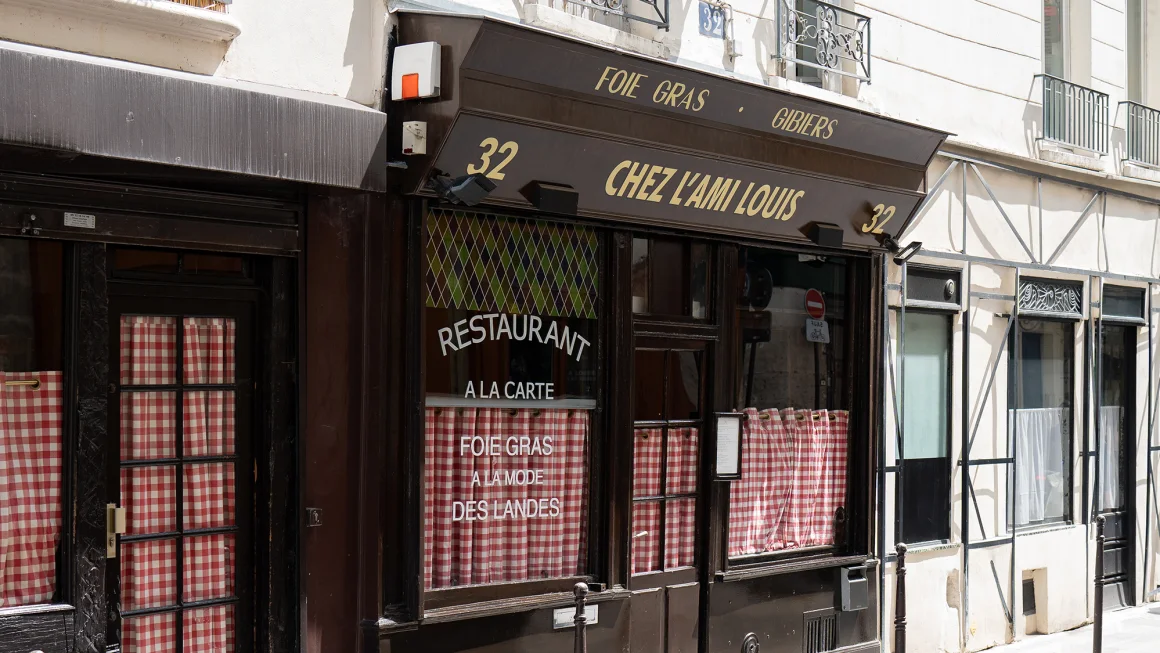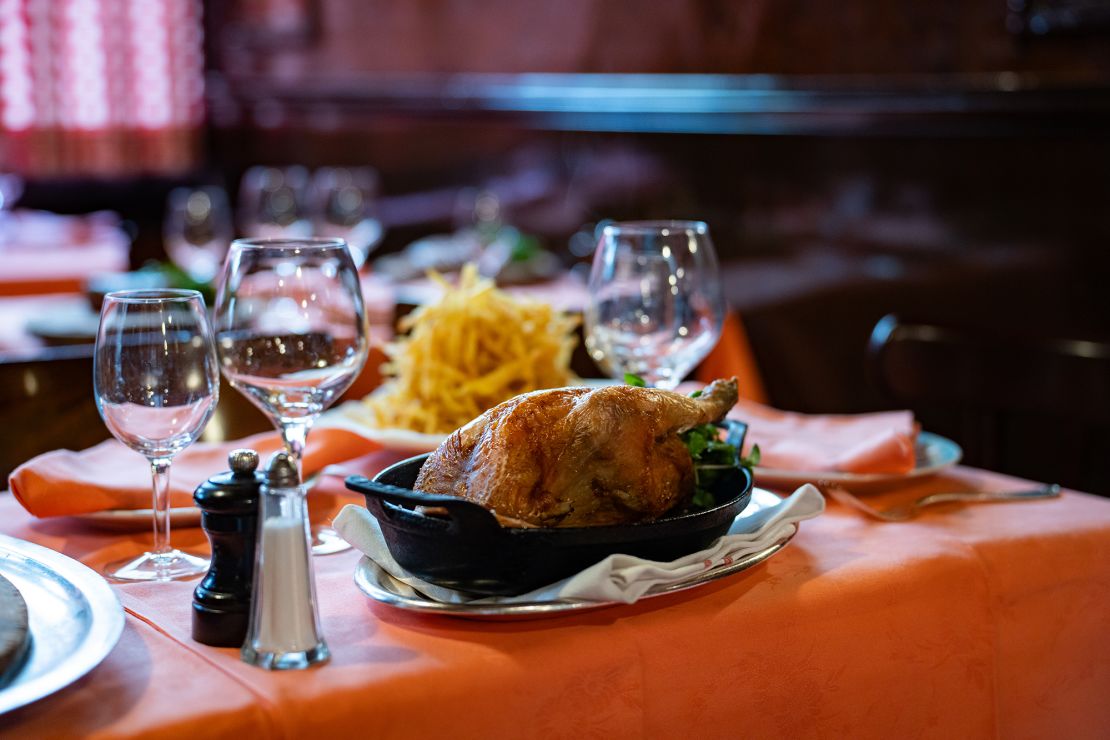
French luxury conglomerate LVMH has added a tiny Parisian bistro to its sprawling empire of designer fashion brands, jewelry makers and hotels.
The company, owned by Europe’s richest man Bernard Arnault, said Thursday that it had bought a majority stake in Chez L’ami Louis, a 100-year-old restaurant in central Paris, described by LVMH as an “authentic Parisian gem.”
“LVMH will work to preserve the unique character and family identity of the restaurant and continue to support its French savoir-faire and expertise,” it said in a press release. It did not disclose the size of its stake nor the value of the deal.
The classic bistro — famed for its roast chicken, mounds of thin, crispy fries, and plates of sizzling snails — has hosted Bill Clinton and Martin Scorsese, as well as David and Victoria Beckham, according to a source familiar with the deal. The source requested anonymity because they were not authorized to speak publicly about the matter.

If that wasn’t endorsement enough, the restaurant has also earned Gwyneth Paltrow’s seal of approval. Her lifestyle company Goop describes Chez L’ami Louis on its website as “one of the best, most venerable bistros in Paris.”
“It is small and wood-paneled, with an ancient oven and a sick wine list,” Goop gushed.
LVMH said in its press release that the bistro sources its produce from small breeders and market gardeners “who have been loyal to the restaurant for several generations.”
The essence of Paris
Arnault has also dined at the Parisian restaurant, the source close to the deal told CNN, adding that the billionaire is passionate about preserving parts of the city’s cultural “identity and expression.”
LVMH and Arnault pledged €200 million ($226 million) in 2019 to help rebuild Notre Dame after fire devastated the 850-year-old church. The families behind L’Oreal (LRLCF) and Kering also made big donations.
There is a risk, the source added, that when the historical owners of culturally important venues such as Chez L’ami Louis move on, new investors swoop in and transform them “into something that is very far from (the original) identity.”